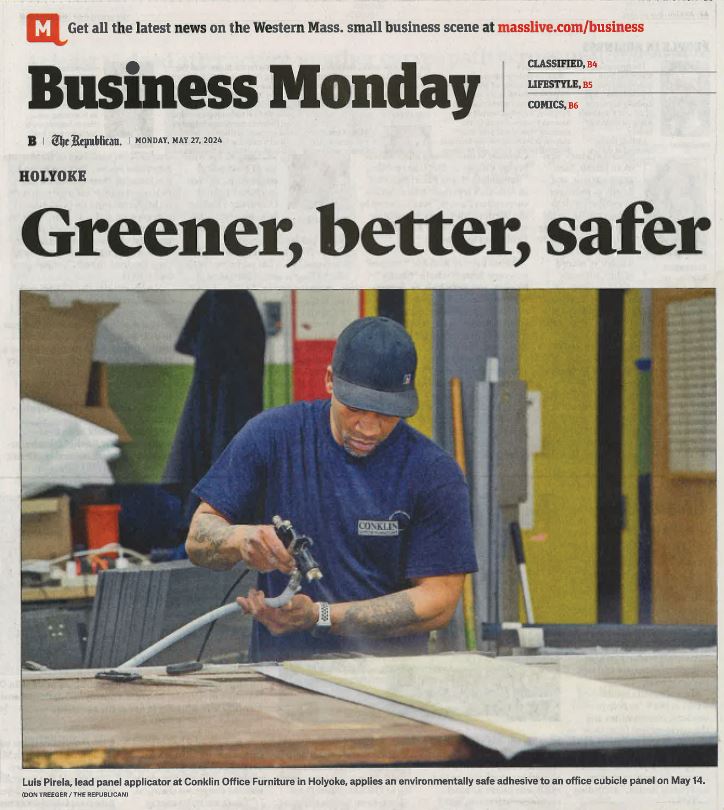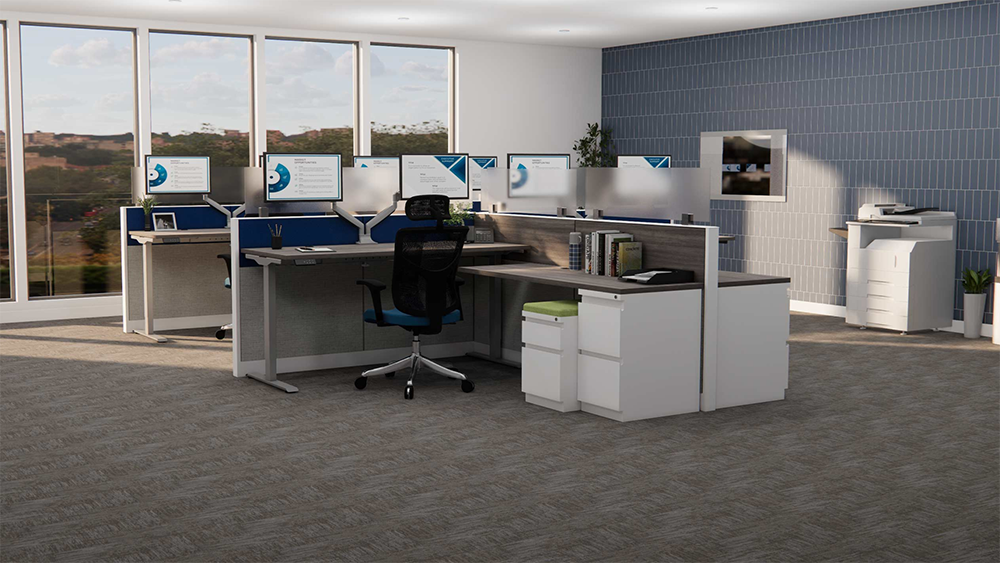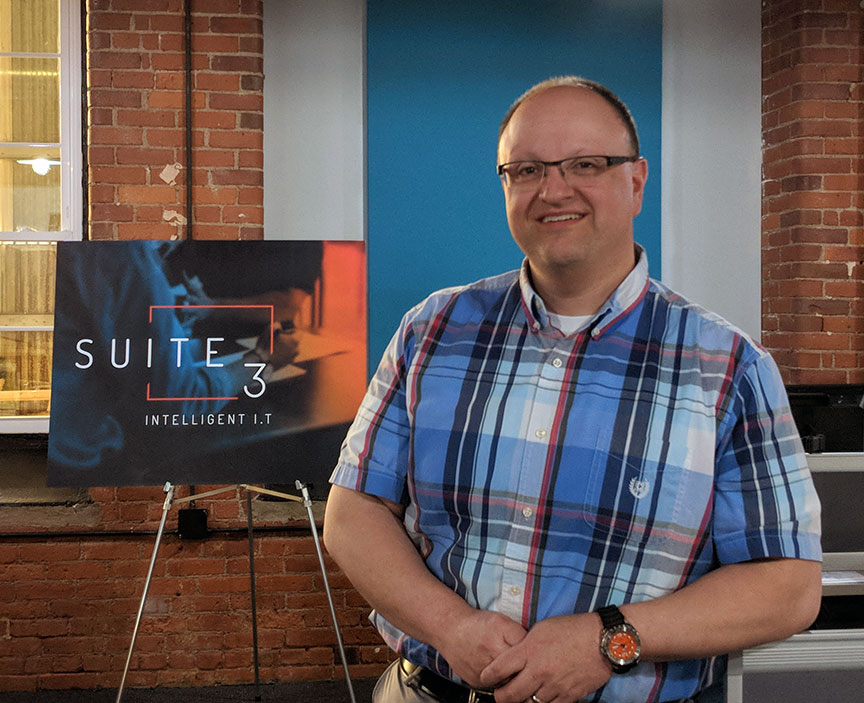Conklin Office is featured in Business Monday – “Greener, better, safer”

Conklin Office Furniture is proud to be featured in MassLive.com’s Business Monday section in the article titled “Greener, better, safer.” This spotlight highlights our recent milestone in advancing workplace safety and environmental sustainability.
At Conklin Office, innovation drives our commitment to creating safer, greener office environments. We have eliminated all products containing methylene chloride, a harmful chemical commonly found in paint strippers and adhesives. Removing this toxic substance reduces health risks for employees and lessens environmental impact in our community.
Our initiative goes beyond regulatory compliance—it demonstrates leadership in promoting sustainable office solutions and safer workplaces. The “Greener, better, safer” ethos reflects our ongoing dedication to quality, safety, and eco-friendly business practices.
We invite business owners, facility managers, and sustainability advocates to read the full article on MassLive.com and learn more about our journey toward a healthier, more sustainable future.
Greener, better, safer
Used office furniture businesses drops its use of chemical ahead of EPA ruling.
By Staasi Heropoulos
Special to The Republican – originally found on MassLive.com
Workers across Massachusetts are breathing a sign of relief now that the Environmental Protection Agency has banned the use of methylene chloride, a chemical used in paint strippers and adhesives.
The colorless liquid emits a toxic vapor that can cause cancer and has killed at least 88 workers nationally since 1980, according to the EPA.
Conklin Office Furniture in Holyoke had stopped using the chemical well ahead of the EPA ruling this month. The move was part of an environmental management plan that Conklin’s Alyson Arnold is writing.
“Toxic use reduction is a major part of the plan and has become something we’ve dedicated ourselves to,” said the company’s sustainability coordinator. “It’s a way for us to analyze our entire company and processes, as well as the products we’re producing. A big part of this is the responsible procurement of products.”
Conklin has been in business since 1981, recycling, refinishing, and selling used office furniture. Methylene chloride was a key ingredient in an adhesive spray the company was using to line boards with fabric. A couple of employees worked directly with the product – nearly two dozen were in the general area of where the adhesive was being used.
Conklin had been trying to keep employees safe with protective gear and ventilation, but switched to a water-based product, free of toxic chemicals, earlier this spring – before the EPA mandated a safer approach.
“The new product seems to be as strong, if not stronger than the old one. Given that it’s water-based, we’ve also stopped using a paint thinner to clean our equipment. Now, we’re just cleaning the guns with water.” said Arnold.
Conklin worked with the Toxics Use Reduction Institute, an independent state agency at the University of Massachusetts Lowell, to identify and test alternatives to the adhesive it had been using. TURI not only gave Conklin a $10,000 grant to conduct research, it also offered its expertise and labs to do the work.
Massachusetts established TURI in 1989 “to help protect workers, communities and the environment from toxic chemicals and pollution. (The agency) helps identify actions companies and communities can take to protect workers and public health,” according to TURI.
Heather Tenney, a research assistant and project manager with TURI, worked with Conklin to find and test the new adhesive.
“We talked about how the chemical was being used and evaluated safe alternatives, because we don’t want companies to stop using a banned chemical only to switch to something that’s just as bad, but doesn’t have as much regulatory attention,” said Tenney. “We try to make sure what they are switching to is better, from an environmental health and safety standpoint.”
The EPA banned consumer use of methylene chloride in 2019, according to Tenney and the agency. But she said the chemical is still widely used in production and continues to pose significant, sometimes fatal danger to workers, according to The Associated Press.
Long-term health effects of methylene chloride include a variety of cancers, including liver and lung cancer, and damage to the nervous, immune and reproductive systems, according to the federal agency.
With few exceptions, the EPA is ordering a total ban of the carcinogen within two years. Tenney said 13 Bay State companies are still using products with the dangerous chemical.
“There are industries in Massachusetts that report using methylene chloride in their manufacturing operations to make various products, but they might not be sold to consumers. They could be laboratories making filters or pharmaceuticals. TURI is trying to eliminate the use of methylene chloride in Massachusetts.” said Tenney.
Arnold told The Republican none of Conklin’s employees have complained about health issues related to methylene chloride, but the company is keeping a close watch on its staff.
“If that was to come up, we would be as responsible as possible to help that employee, but nothing has ever come of it. Just knowing the health risks with the EPA putting out these regulations makes you realize how important it is to be responsible about this,” said Arnold.
Because Conklin no longer has to provide protective equipment and electricity to operate hood ventilation, the company also is saving money, even though the new adhesive costs about the same as its carcinogenic predecessor, said Arnold.
Arnold said there are a few, friendly competitors in the office-refurbishing industry – the real competitors are those selling new equipment. Conklin is trying to attract companies that want to buy refurbished furniture that is not made with harmful chemicals.
“We’re finding these companies are trying to purchase responsibly. They are pushing towards recycled products,” said Arnold. “We’re trying to win over companies that have those ideals, rather than just going after the price point. They’re realizing what they’re putting their money towards, and that’s really where we’re winning projects.”
To read the article featured on MassLive.com – Click here.



